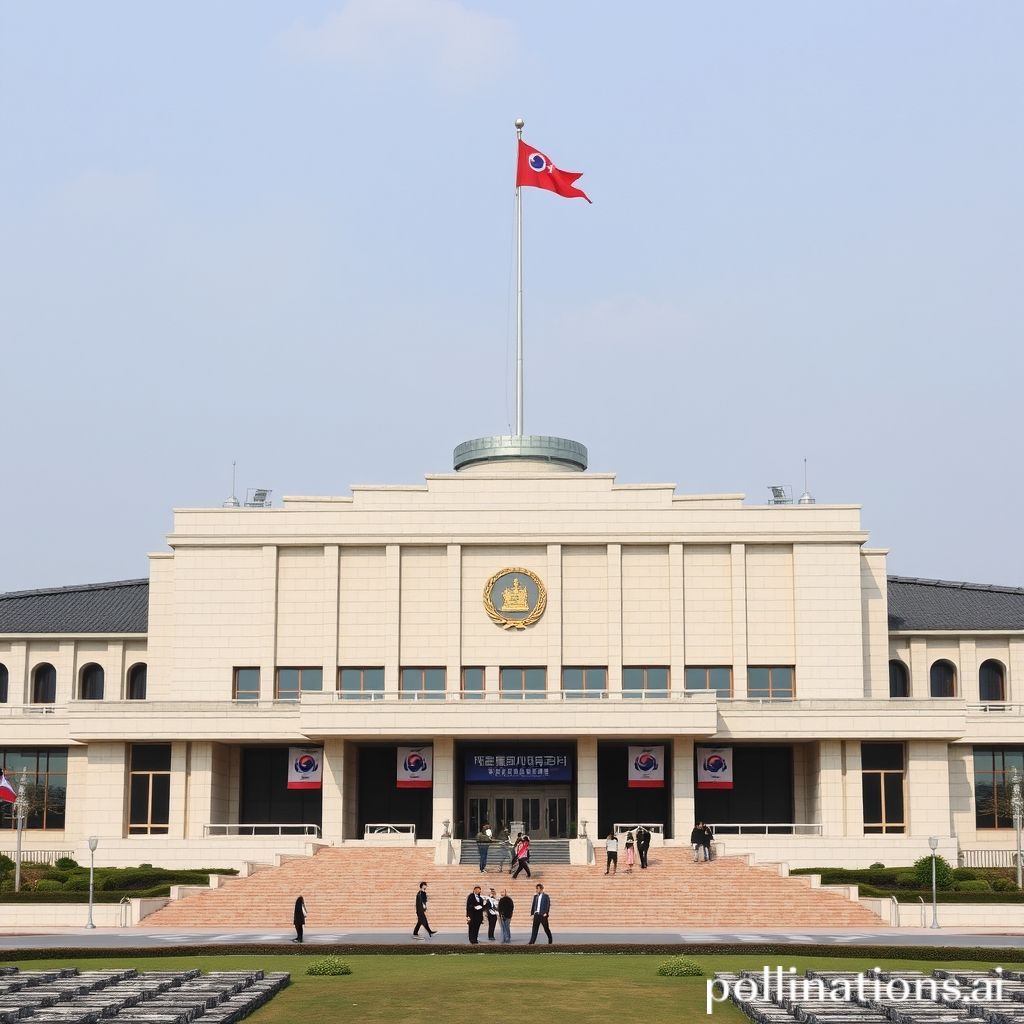
South Korea's President Lee Faces Market Backlash Over Tax Reform Plan
South Korean President Lee Jae-myung's first major tax reform proposal has triggered widespread opposition, forcing his ruling Democratic Party to consider revisions just weeks after its announcement. The plan, unveiled on July 31, focuses on raising corporate taxes and securities transaction taxes, but has faced fierce resistance from both markets and individual investors.
The reform package caused immediate market turmoil, with the KOSPI index plummeting 3.88% the day after the announcement - its steepest single-day decline in four months. The dramatic sell-off wiped out approximately 120 trillion won ($90 billion) in market capitalization, demonstrating the policy's severe impact on investor confidence.
A public petition opposing the expansion of capital gains taxes on stock transactions has garnered over 130,000 signatures, approaching the 200,000 threshold that would require an official government response. This grassroots opposition reflects broader public concern about policies that could burden middle-class investors who rely on the stock market for retirement savings and wealth building.
For American readers, South Korea's tax reform debate mirrors similar discussions in the U.S. about capital gains taxation and corporate tax rates. However, South Korea's retail investor culture is particularly robust, with individual investors accounting for a significant portion of daily trading volume, making them a powerful political constituency.
Economic Fallout Forces Government Retreat
The market reaction was swift and severe. Foreign investors and institutional funds led the selling pressure, while individual investors' 1.2 trillion won ($900 million) in net purchases failed to stem the decline. The Korean Won also weakened against the dollar amid concerns about capital outflows.
The Korea Employers Federation, equivalent to the U.S. Chamber of Commerce, immediately criticized the plan as "undermining corporate competitiveness at a time of global economic uncertainty." The Korea Exchange, which operates the country's stock markets, warned that higher transaction taxes would reduce trading volumes and market liquidity.
President Lee had initially framed the reforms as promoting "tax fairness" and reducing income inequality - themes that resonate with progressive politicians worldwide. However, the implementation has faced practical challenges similar to those encountered by Democratic administrations in the U.S. when proposing tax increases on capital gains and corporations.
The backlash highlights the delicate balance governments must strike between progressive taxation goals and market stability. Unlike the U.S., where capital gains taxes primarily affect higher-income individuals, South Korea's retail-heavy market means such changes impact a broader swath of middle-class voters.
Political Pressure Mounts Within Ruling Party
Internal dissent within the Democratic Party has grown, with senior lawmakers expressing concerns that the reforms deviate from campaign promises. A party insider told local media that "market shock must be minimized," suggesting the government may need to scale back its ambitions.
The Democratic Party's Policy Committee held an emergency meeting on August 11 to discuss potential modifications, including reducing the size of transaction tax increases or delaying implementation. This rapid policy pivot demonstrates the political sensitivity of taxation issues in South Korea's democracy.
The Ministry of Economy and Finance has begun preparing "supplementary measures to stabilize markets," indicating the government recognizes the need for damage control. A ministry official suggested that while the "basic direction" of tax reform would be maintained, specific details could be adjusted to minimize market disruption.
Opposition parties have seized on the controversy. The People Power Party, South Korea's main conservative party, has demanded the complete withdrawal of the tax reform package, calling it "reckless policy that has thrown markets into chaos."
Economic experts have criticized the government's unilateral approach to announcing tax changes without adequate consultation with market participants. This mirrors criticisms often heard in Washington when administrations announce major policy changes without sufficient stakeholder engagement.
The controversy represents President Lee's first major policy challenge since taking office, testing his administration's ability to navigate complex economic and political pressures. The outcome will likely influence his government's approach to future reforms and could impact South Korea's attractiveness as an investment destination in the competitive Asian market.
For global investors watching South Korea, this episode underscores the importance of political risk assessment in emerging market investments, even in established democracies like South Korea where policy changes can have immediate and significant market impacts.
Original Article (Korean): Read in Korean


0 Comments